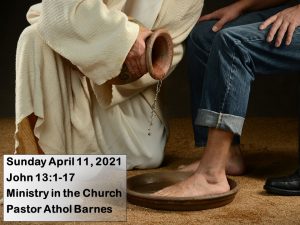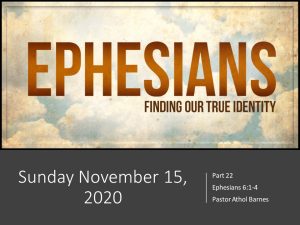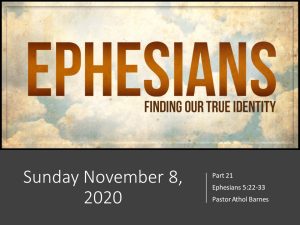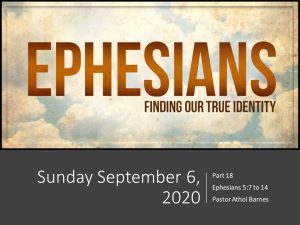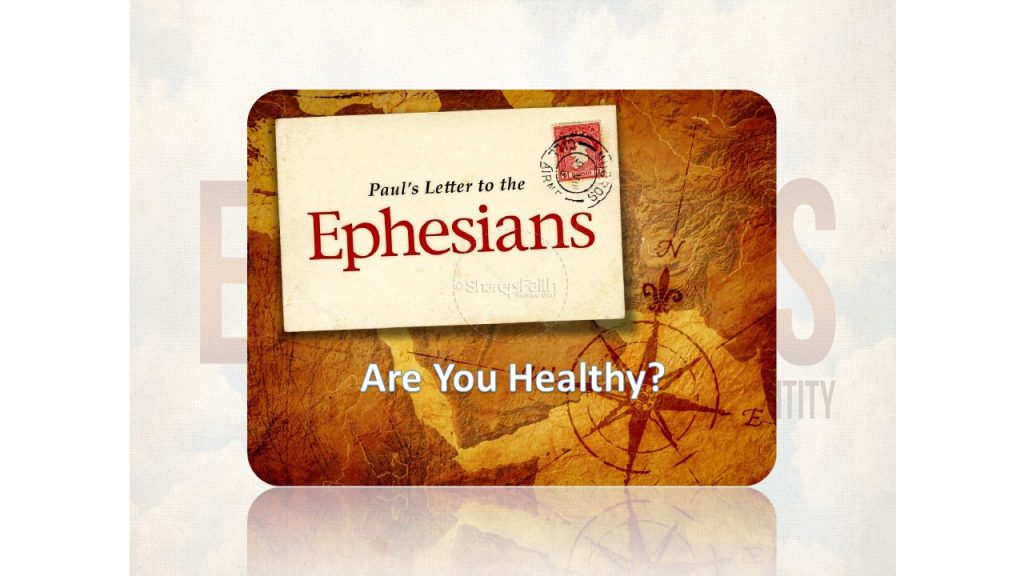

If you are a believer in Jesus, you are his representative in your workplace, neighborhood and community. The city in which we live is our mission field. The church has been strategically placed by Jesus to impact the community that surrounds it.
Philip was a faithful apostle and missionary who had followed the command of Jesus and went to Samaria to proclaim the Gospel. As a result of his work, there was a powerful move of God and the region was receiving Christ Jesus as Lord.
But, right at the height of what seemed to be a very successful mission, an angel sent from God re-directs Philip and sends him to the desert (Acts 8:26).
We can learn four things from this account in Acts chapter 8.
1: Philip obeyed immediately.
Philip was experiencing the joys of ministry success, the Holy Spirit was moving, they even called in the big-name preachers, Peter, and John (Acts 8:14). It would be understandable that he would want to stay there, but that was not God’s plan for him. God directed him to go south to the desert.
Philip could have had a dozen excuses, but he obeyed without hesitation. When the opportunity comes for us to share the Good News with our co-worker or neighbor, are we prepared to go without hesitation? God directed Philip to the right person at the right time.
2: Philip listened to the Holy Spirit (Acts 8:29).
This is fundamental Christianity. Being a child of God, we must wait on the Lord for direction; where to go and who to speak to. Who has the Holy Spirit prepared in advance for me to share the Gospel with?
3: Philip listened to the Ethiopian official (Acts 8:30).
As Philip ran alongside the chariot, he waited patiently and listened to what the man was reading.
The challenge that we often face is that we don’t listen to people and as a result we miss the mark in evangelism, because we aren’t paying attention to their personal situation and struggles.
Are you listening to the questions that people are asking?
4: Philip then asked a question (Acts 8:30).
Once Philip understood the situation, he was able to ask the penetrating question. One of the most important skills one needs to develop in life, is asking questions.
Questions not only show the person that we care about them, it also is a way to move the conversation towards eternal matters.
Probing questions unlock the heart. People will respond to questions and open their lives to you if you take the time to ask questions. Again, this is where listening to the Holy Spirit becomes so vital. He will give you the questions to ask, questions that will unlock the soul for the Gospel.
The question Philip asked opened the way for the man to hear the Gospel (Acts 8:31). The Ethiopian official was reading from Isaiah 53, the prophecy of the suffering servant, pointing to the ministry of Jesus. Verse 35 is the moment Philip had been waiting for; “Then Philip opened his mouth, and beginning with this Scripture he told him the good news about Jesus.” Acts 8:35.
Isn’t this story a wonderful reminder of the amazing grace and goodness of God to reach out to the “one”. This man goes to Jerusalem to worship God, where the church is growing and thriving. Tragically he missed the greatest news of all of history.
But God pursued him, sending his best evangelist to run after him.
God still pursues the lost. And he is sending you and me to run after them.
Do you remember when God pursued you?
As Philip explained the prophecy to him, the Ethiopian began to understand the Gospel because the Spirit of God was opening his mind to God’s truth. It is not enough for the lost sinner to desire salvation; he must also understand God’s plan of salvation. It is the heart that understands the Word that eventually bears fruit, the heart that has been prepared by the Spirit of God (Romans 10:17).
The Ethiopian believed on Jesus Christ and was born again. So real was his experience that he insisted on stopping the caravan and be baptized immediately. He wanted everybody to know what the Lord had done for him. The Ethiopian was testifying to Philip and all of his travel companions. He was an important man, and you can be sure that his attendants were paying close attention. Baptism is a witness and a declaration. History tells us that the church in Ethiopia today finds its roots in this encounter.
The Gospel changes lives, the Gospel changes nations.
If you have become a follower of Jesus, you are called to be the light in the World. To shine the light of Jesus wherever God has placed you.
I have heard people say when asked about a person’s salvation, “Its none of my business”. If we are not concerned about a person’s relationship with Jesus, it means that we truly don’t believe the Gospel. We don’t believe that if you don’t know Jesus Christ as Lord, you will spend eternity separated from God in Hell. That is the tragic reality.
Sharing the Gospel is a discipline, it needs to be prioritized in our lives. Sadly, we are so focused on temporal things that we don’t prioritize the eternal things in life.
Just like Philip was sent to one person with the Good News. To whom is God sending you?
Begin today to pray for your one.
Begin listening to the Holy Spirit.
Begin listening to the person.
Begin asking questions.



